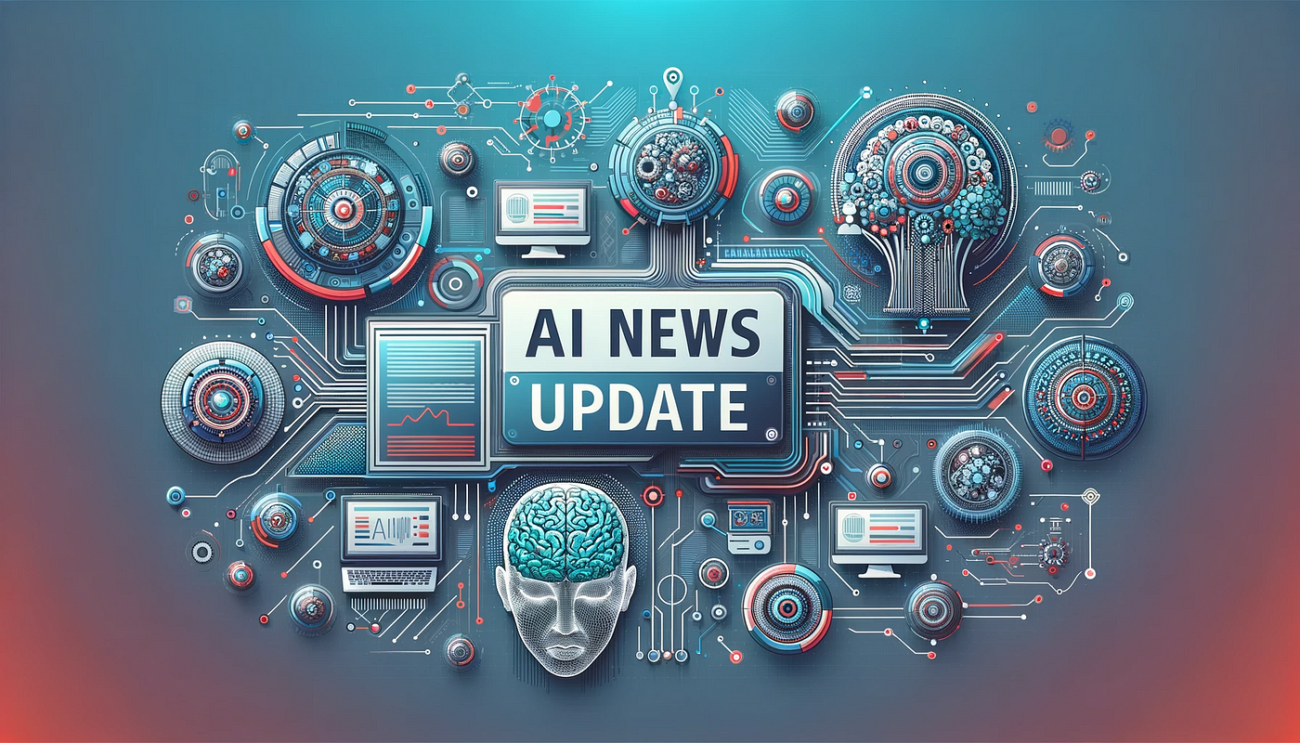Introduction
AI is transforming customer service, shifting towards AI-powered solutions that deliver seamless and efficient support. By March 2025, the AI in customer service market is expected to reach $14.9 billion, growing at a CAGR of 25.7% from 2024 to 2030, reflecting its importance in meeting consumer expectations for instant, personalized support [1]. In today’s digital age, delivering seamless customer experiences is crucial for brand loyalty and retention, with 73% of consumers saying that customer service influences their brand choice [2]. AI enhances support by automating routine tasks, analyzing customer sentiment, and providing consistent, high-quality interactions, making it a game-changer for businesses.
This article explores how AI is revolutionizing customer service, from faster response times to cost savings through automation. We’ll cover key benefits, top applications, case studies, challenges, future trends, and actionable steps for companies to implement AI tools, ensuring a comprehensive guide for enhancing customer satisfaction.
Key Benefits of AI in Customer Service
AI offers several key benefits that are reshaping customer service operations:
● Faster Response Times with Chatbots: AI-powered chatbots can handle inquiries instantly, reducing wait times and improving customer satisfaction. For instance, chatbots can resolve FAQs in seconds, with 64% of consumers preferring chatbots for quick answers [3].
● Consistent Quality Across Interactions: AI ensures uniform service quality by standardizing responses and maintaining brand voice across all touchpoints. This consistency builds trust, especially for large organizations handling high volumes of inquiries.
● Cost Savings through Automation: AI automates repetitive tasks like ticket routing and basic troubleshooting, reducing operational costs. Studies show AI can cut customer service costs by up to 30% by automating routine inquiries [4], freeing human agents for complex issues.
Applications of AI in Customer Service
AI’s applications in customer service are diverse, addressing various aspects of support:
● Chatbots and Virtual Assistants: These handle FAQs, inquiries, and basic troubleshooting, providing 24/7 support. For example, Sephora’s virtual assistant helps customers with product recommendations and order tracking, enhancing the shopping experience [5].
● Sentiment Analysis: AI analyzes customer emotions through text, voice, and facial expressions, enabling agents to tailor responses. Tools like IBM Watson use sentiment analysis to detect frustration or satisfaction, improving interaction quality [6].
● Ticket Routing: AI prioritizes and routes tickets based on urgency and complexity, ensuring urgent issues are addressed promptly. This automation reduces resolution times, with AI-driven systems cutting ticket handling time by 40% [7].
Case Studies
Real-world implementations highlight AI’s transformative potential in customer service:
● Sephora’s Virtual Assistant: Sephora’s AI chatbot, launched in 2019, assists customers with product searches, makeup tutorials, and order status, driving a 10% increase in sales through personalized recommendations Sephora Virtual Assistant Case Study.
● Delta Airlines’ AI Chatbot: Delta’s AI chatbot, introduced in 2020, handles flight updates, booking changes, and FAQs, resolving 70% of inquiries without human intervention, improving customer satisfaction by 15% Delta AI Chatbot Case Study.
Challenges in Adopting AI for Customer Service
Despite its benefits, AI adoption faces several challenges:
● Maintaining a Balance Between Automation and Human Empathy: While AI can handle routine tasks, customers often prefer human agents for complex or emotional issues. Businesses must ensure AI complements human support, not replaces it, to maintain empathy and trust.
● Training Staff to Work Alongside AI Systems: Employees need training to collaborate effectively with AI, which can be time-consuming and costly. This includes understanding AI outputs and integrating them into workflows, requiring ongoing professional development.
● Addressing Concerns About Job Displacement: There’s concern that AI may replace human agents, leading to job losses. However, research suggests AI creates new roles, like AI trainers and data analysts, with a net positive impact on employment AI Job Impact Report 2025.
Future Trends in AI-Driven Customer Service
Looking ahead, several trends are set to shape the future of AI in customer service:
● Omnichannel Support Powered by AI: AI will integrate support across email, chat, social media, and voice, providing a seamless experience. By 2025, 85% of customer interactions are expected to be managed through omnichannel AI systems Omnichannel AI Trends 2025.
● Proactive Issue Resolution Using Predictive Analytics: AI will predict customer issues before they arise, offering solutions proactively. For example, AI can anticipate flight delays and notify customers with rebooking options, enhancing satisfaction and reducing complaints.
● AI-Powered Voice Assistants: Voice AI will become more prevalent, handling complex queries through natural language processing. By 2026, voice assistants are
expected to handle 30% of customer service calls, improving accessibility and efficiency Voice AI Market Report 2025.
Conclusion
AI is elevating customer satisfaction by enhancing support efficiency, consistency, and personalization. From chatbots to sentiment analysis, its applications are vast and transformative. While challenges like maintaining human empathy and addressing job concerns remain, the benefits of AI in customer service far outweigh the drawbacks. Companies are encouraged to implement AI tools, starting with pilot projects to test and refine their strategies, ensuring seamless integration with human agents.
As we move forward, staying informed about the latest AI trends and innovations will be key to maximizing its potential in customer service. By adopting AI responsibly, businesses can create more engaging, efficient, and effective support systems that drive loyalty and growth.
FAQs
1. Do customers prefer AI or human agents?
It depends on the situation. For quick, routine inquiries, 64% of consumers prefer AI chatbots for speed, but for complex or emotional issues, they often prefer human agents for empathy and understanding.
2. How can AI reduce operational costs?
AI reduces operational costs by automating routine tasks like ticket routing and basic troubleshooting, cutting customer service costs by up to 30% and freeing human agents for higher-value tasks.
3. What industries benefit most from AI in customer service?
Industries like retail, travel, and telecommunications benefit most, as they handle high volumes of inquiries. AI enhances support for e-commerce, flight bookings, and tech support, improving efficiency and customer satisfaction.
Key Citations
● AI in Customer Service Market Size & Growth Report 2030
● Customer Service Trends 2025
● AI Chatbot Impact on Customer Service
● Cost Savings with AI in Customer Service
● Sephora Virtual Assistant Case Study
● IBM Watson Sentiment Analysis
● Omnichannel AI Trends 2025
● Voice AI Market Report 2025




